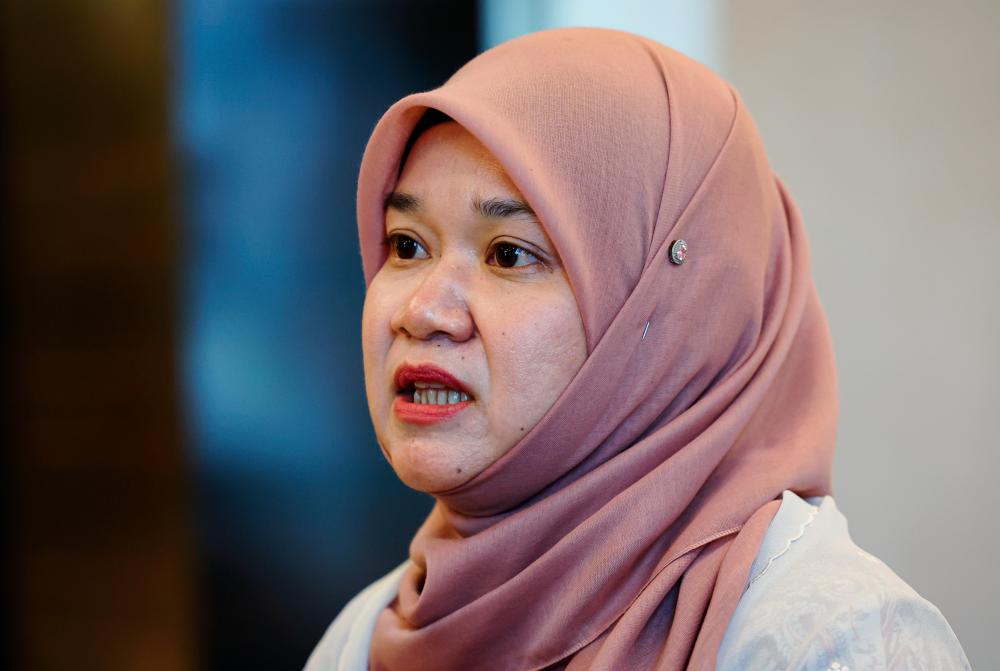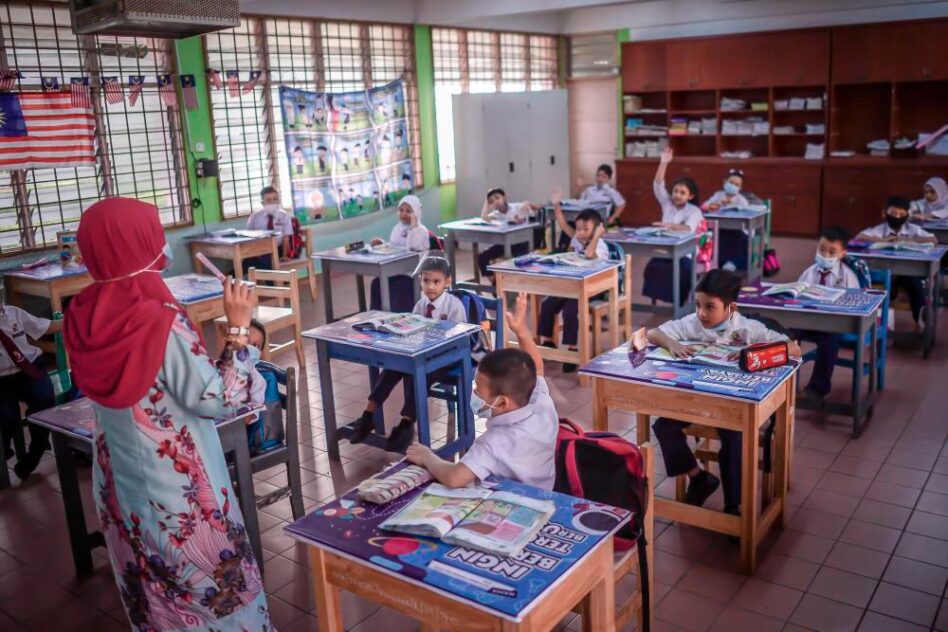
MALAYSIA’S fervent desire to become a high-income nation in the coming decades has recently hit a planet-sized snag when a new research revealed that tens of thousands of children across the country are entering primary school without mastering the basics of reading, writing, and counting – the so-called 3M skills.
This news should prompt policymakers to engage in deep soul-searching. The possibility of raising the quality of our human capital to compete globally in the impending age of AI is a pipe dream unless we reverse these stark statistics.
Naturally, our brain trust of esteemed educationists has reacted to this news with some ‘groundbreaking’ solutions that are rife with Catch-22s.
The first and most obvious is making early childhood education mandatory. The second, and most common, is crafting an intervention programme for targeted groups. Finally, the third and most uninspired solution is making the primary school syllabus less challenging.
So, do we have a winner? Or have we again papered over the real problem in our pursuit of a silver bullet?
Education Minister Fadhlina Sidek has admitted there is a need to “obtain data for the second assessment” and that the intervention programme will apply to “targeted states” without offering more geographic or demographic details.

Beyond this, we – the taxpayers, parents, guardians, and voters – know next to nothing about the numbers being thrown around to quantify the issue.
We’re only expected to know there is a problem, and it’s scary. Who are these children? What are their socioeconomic backgrounds? What are their learner profiles, especially with regard to those with disabilities?
Have they received any preschool education? If so, what curriculum were they taught? These are basic questions with no answers.
Data that cannot be filtered and parsed for specificity is worthless in designing effective public policies. Partial knowledge is always dangerous, and solutions derived from it may prove catastrophic for the next generation.
Once again, we may end up burning money and time on solutions that barely make a dent in the present education crisis.
Logic dictates that plotting all angles of the problem will put us in a better position to assess and implement workable solutions.
I recommend we start with our youngest citizens through early childhood education (ECE). If this sector truly offers value to society, the government would do well to commit to tracking the progress of children attending preschools.
Few can deny the effectiveness of ECE. Its pioneer and lifelong advocate Maria Montessori said, “Early childhood education is the key to the betterment of society.”
And yet, commendable though the push for compulsory preschool may be, rushing it will only magnify the structural issues plaguing the sector.
ECE has become a phrase so overused that it risks losing its original meaning and impact. Actionable research and accountability have long been absent in this field.
Does it benefit children if preschool is mandatory but SPM or STPM graduates still teach them? And if ECE remains unattractive in terms of compensation and working conditions, isn’t it pure fantasy to expect qualified individuals to stay until they burn out?
After all, they can always move up the education ladder to teach older students for better pay.
Moreover, if the government rolls out an intervention programme, will it truly cater to all children? What about students with learning disabilities or learner profiles that fall outside the mainstream?
Will we then create an alternative stream for such children, exposing them to further social stigma?
Should we then simplify the primary school syllabus? Wait – wasn’t it made tougher to raise our education standards closer to those in the West? How will reducing learning outcomes at this level help produce graduates, especially in STEM, who are both highly skilled and intellectually capable?

A major flaw in this discussion on new intervention programmes is the absence of debate on academic checkpoints to evaluate their effectiveness and enforce consequences for failure.
Will we hold students back a grade if they cannot demonstrate improved learning after the programme? Or will we allow them to continue through primary and secondary school, risking a massive bottleneck at the SPM level?
If so, don’t we risk disillusioning them entirely?
It is crucial that the government collects and disseminates reliable data on this issue to all stakeholders. Before crafting any solutions, we must generate precise profiles of the young people we are failing to educate.
Allow me to share a personal experience: my preschool students recently graduated to Year One, and their teachers quickly informed me that they couldn’t read, write, or count. How was that possible? These were some of the brightest students I had ever taught.
Then I realised they were studying a curriculum far more advanced than what they were used to, and since there hadn’t been a proper assessment of their preschool learning, they were struggling to cope with the new academic demands.
Where do we go from here? Do we completely eliminate playtime in preschool, as Sweden intends with its sweeping reforms, or do we create a bridging programme to help preschoolers acclimate to the rigors of primary education?
We can no longer afford to delay. Getting back on track requires that we make the hard choices now, or we risk imperilling the academic potential of our children.
Jerrica Fatima Ann is an early childhood educator based in Ipoh.
The views expressed are solely of the author and do not necessarily reflect those of MMKtT.
-Focus Malaysia.



No comments:
Post a Comment
Note: Only a member of this blog may post a comment.